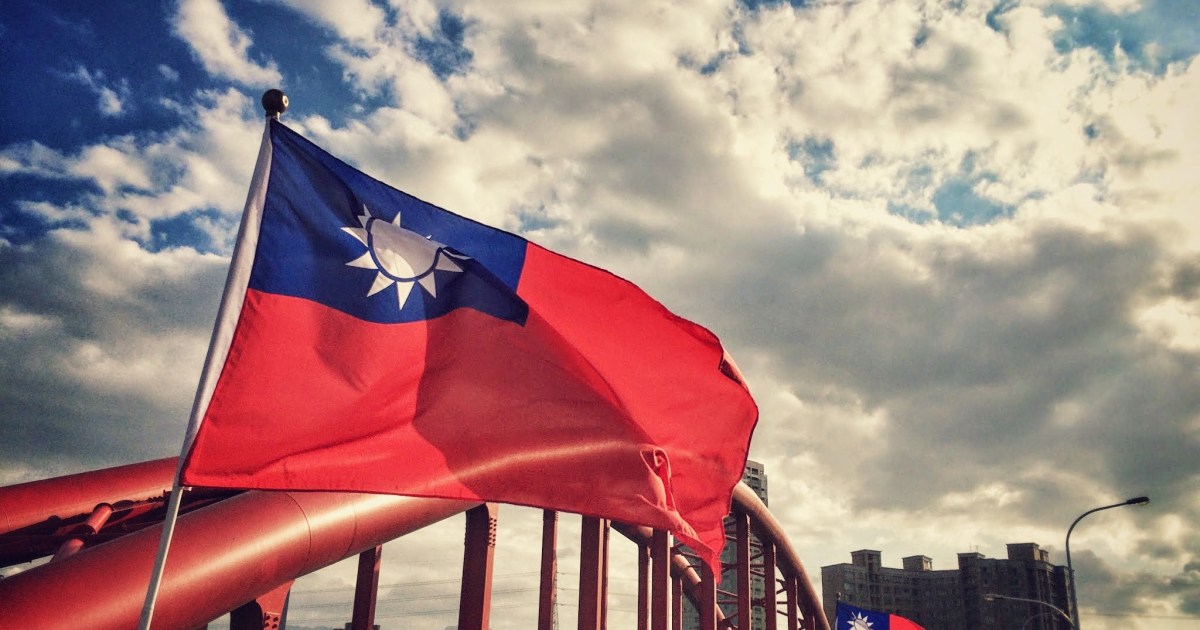With the Chinese Communist Party escalating its threats to retake Taiwan by force if necessary, concern is growing within the US military. Michael Stodman, chief intelligence officer for the US Indo-Pacific Command, said in early July that the issue is no longer just a possibility, but rather a matter of time. According to an article in the Washington Post.
In his article in the newspaper, journalist Max Boot highlighted that Admiral John Aquilino, Commander of the Indo-Pacific region, said during a Senate session this year, "My opinion is that this problem is much closer to us than most people think," while his predecessor, Admiral Philip Davidson, stated in March / Last March, China could be ready to seize Taiwan by force by 2027.
Bot indicated that China may not necessarily have to invade Taiwan to achieve its goal, as it may resort to other options, including imposing a blockade on the island, which imports about two-thirds of its food and 100% of its energy supplies from abroad.
He said that the scenario of the blockade if it happened would be a nightmare, not only for Taipei but for Washington as well, because if Taiwan tried to break it, its armed forces, which do not exceed 10% of the number of Chinese forces, if fired, the Chinese army would respond with missile and air strikes and electronic attacks that would destroy Taiwan's electric grid and cellular networks, shutting down its airports and further harming its economy.
What is the solution?
In his article, Bot noted that the "Taiwan Relations Act" that frames America's relations with Taiwan, established in 1979, states that the United States will be involved in "any effort to determine the future of Taiwan by non-peaceful means, including boycotts or blockades," but The law does not provide for a US commitment to defend Taiwan.
The writer wondered whether the United States was willing to risk a war with another nuclear-armed superpower in order to save Taiwan, or would allow the fall of that vibrant democracy.
He said that surrender would result in a human tragedy, and would constitute a major blow to the United States' strategic position in Asia, but it might be better than a war that America could easily lose.
Bot believes that the best solution for the United States to avoid war is to work harder to deter China, which can be achieved through two main factors: the first is to build a more credible deterrent military force, as the recent Pentagon war games show the United States' loss to China, which has a stockpile of missiles submarines, electronic weapons, space weapons, and other military capabilities designed to defeat conventional American forces.
The second factor is that the United States must demystify its willingness to defend Taiwan in the event of an invasion by China.
He said that uncertainty about US intentions increases the risk of war, and that US President Joe Biden should declare that although we will not support Taiwan's declaration of independence from China, we will defend the island if it is attacked.

